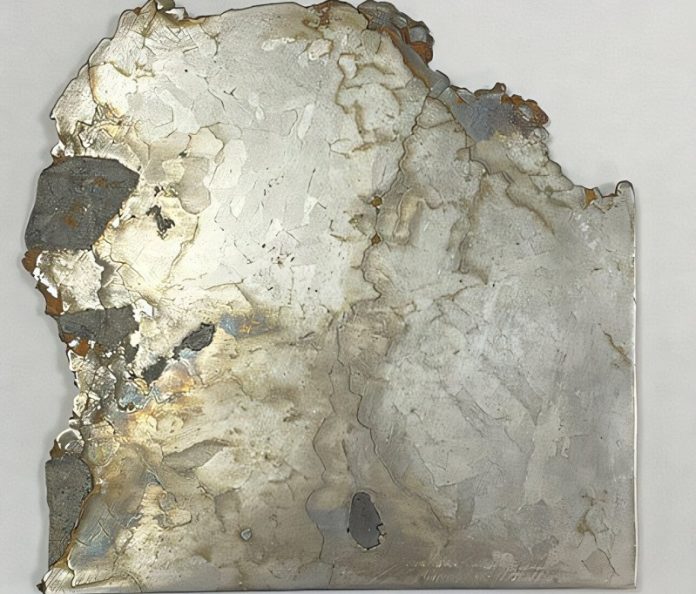
A new study has found that water may not have arrived on Earth as early as scientists once believed. Instead, it seems to have come later, after the Moon was formed.
This discovery could change our understanding of when life began on Earth.
The research, led by Katherine Bermingham from Rutgers University, was published in the journal Geochimica et Cosmochimica Acta.
Scientists have long been trying to figure out when the key ingredients for life—water, energy, and organic chemicals (known as CHNOPS: carbon, hydrogen, nitrogen, oxygen, phosphorus, and sulfur)—first appeared on Earth.
To solve this mystery, Bermingham and her team studied meteorites—pieces of space rock that have fallen to Earth.
They used a special technique called thermal ionization mass spectrometry to examine an element called molybdenum.
By looking at different versions (isotopes) of molybdenum in meteorites and Earth rocks, they could determine where Earth’s materials originally came from.
The researchers studied meteorites from two different regions of the solar system. One group, called “CC” meteorites, likely formed in the wetter outer solar system. The other group, “NC” meteorites, came from the drier inner solar system.
They compared these meteorites with ancient Earth rocks from Greenland, South Africa, Canada, the U.S., and Japan.
The results showed that Earth’s molybdenum matched that of meteorites from the inner solar system (NC) rather than the outer solar system (CC).
This suggests that Earth did not receive a large amount of water from the Moon-forming event, as previously thought. Instead, water may have arrived in smaller amounts much later.
Scientists used to believe that when a massive impact created the Moon, it also delivered a lot of water to Earth. However, this study challenges that idea. Instead, it suggests that Earth got its water slowly, over time, through a process called “late accretion.”
This discovery is important because understanding when and how water arrived on Earth helps scientists determine when life could have begun. If water came later, it means life may have started later than we once thought.
Bermingham explains, “If we know when water was delivered, we can better understand when and how life developed on Earth.”
The study was conducted by researchers from Rutgers University, including Bermingham, Linda Godfrey, and Hope Tornebene. They used meteorite samples from the Smithsonian Institution and advanced lab techniques to measure molybdenum isotopes.
This research changes our view of Earth’s history and raises new questions about how planets form and become habitable. Scientists will continue studying space rocks to learn more about how Earth and other planets got their water.
Instead of arriving in a massive event early in Earth’s history, water may have trickled in later in smaller amounts. This challenges old theories and helps scientists piece together the puzzle of how life began on our planet.
Source: Rutgers University.



